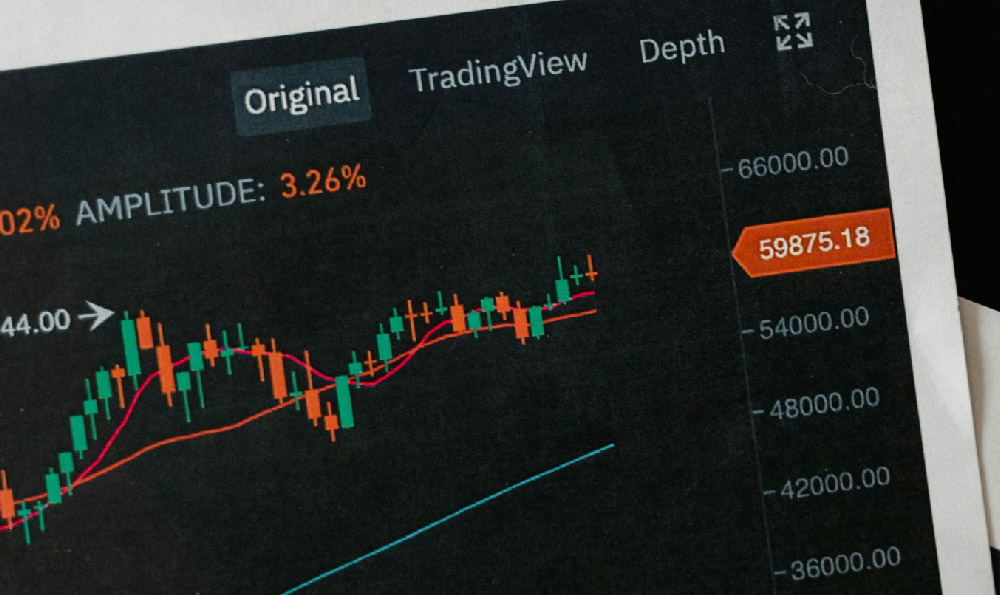How to Start a Blog and Make Money Online: Complete Step-by-Step Guide

Starting a blog and making money online is a venture that combines creativity, strategy, and discipline. It's not merely about writing regularly or posting content; it's about cultivating a digital presence that resonates with a specific audience while aligning with your financial goals. The journey begins with understanding your purpose—whether it's to monetize through advertising, affiliate marketing, product sales, or building a personal brand. Once you've clarified your intent, the next step involves selecting a niche that not only interests you but also has a viable audience. A well-chosen topic can act as a magnet, attracting readers who are invested in your expertise and thus more likely to engage with your content and support your monetization efforts.
Choosing the right platform is equally critical. While WordPress remains a popular choice due to its flexibility and extensive plugin ecosystem, alternatives like Medium, Wix, or Squarespace cater to different needs. The platform you select should not only be user-friendly but also scalable, as your blog's growth will dictate the need for more advanced features such as analytics, customization, or e-commerce integration. Consider the technical requirements of your niche—if you plan to sell digital products or host memberships, a platform with robust security and scalability is non-negotiable.
Content creation is the heartbeat of a successful blog. Quality over quantity should always be the guiding principle, as inconsistent or low-value posts can erode reader trust and hinder monetization potential. Before drafting your first article, invest time in researching your audience's pain points and interests. This allows you to tailor your content to address their needs, creating value that keeps them returning. Consistency is another key factor; readers expect regular updates, so setting a realistic posting schedule and adhering to it reinforces reliability. Tools like content calendars, automation software, and research platforms can help streamline the process and maintain quality.

Monetizing a blog requires a clear plan that integrates multiple strategies. Advertising is a common starting point, but it's important to understand the different models available, such as Google AdSense or direct partnerships with brands. The latter often provides better earnings and more control, though it demands a well-established audience. Affiliate marketing, on the other hand, leverages your content to promote products, earning a commission on sales. This method is particularly effective if your niche overlaps with consumer goods or services. For those interested in premium content, creating a membership area with exclusive resources or courses can offer recurring revenue. Additionally, selling digital products like e-books, printables, or online courses allows you to convert your expertise into profitable assets.
Traffic generation is the foundation of any monetization strategy. Without a consistent flow of visitors, even the most compelling content may not yield significant income. Search Engine Optimization (SEO) is a long-term strategy that requires patience and continuous learning. By optimizing titles, keywords, and meta descriptions, you can improve your blog's visibility on search engines, driving organic traffic. Social media engagement should be approached with intention, using platforms like Instagram, Twitter, and Pinterest to share snippets, engage with your audience, and direct them to your blog. Email marketing can also serve as a powerful tool, building a direct line of communication with your readers and fostering loyalty.
The financial aspect of blogging demands careful planning and management. Initial costs may include domain registration, hosting, design templates, and tools for analytics or content creation. These expenses can be mitigated through free or low-cost alternatives, but investing in quality resources early on often pays dividends in the long run. Once your blog is operational, tracking performance metrics such as page views, bounce rates, and conversion rates is essential. This data informs adjustments to your content strategy and monetization approach, ensuring you're maximizing your earning potential.
Scaling your blog involves diversifying income streams and expanding your reach. For instance, if your blog gains traction, consider launching a YouTube channel or podcast to complement your content and attract a broader audience. Diversification also extends to monetization methods, combining advertising with affiliate marketing or sponsored content to create a more stable revenue model. Moreover, leveraging user-generated content, such as guest posts or collaborations, can introduce fresh perspectives and enhance credibility.
Financial success in blogging hinges on consistency, adaptation, and long-term vision. Many bloggers underestimate the time required to build a sustainable income, expecting quick returns while neglecting the foundational work. Patience is key, as organic growth takes months, if not years, to materialize. However, with a strategic approach, discipline in content creation, and proactive efforts to enhance visibility and monetization, the potential for financial gain is substantial.
Building passive income streams, such as creating evergreen content or digital products, ensures your blog continues to generate revenue even when you're not actively writing. This aligns with the broader principle of asset-based wealth, where your blog becomes a tool that works for you over time. As your income grows, allocating a portion of it to reinvestment or diversification can further amplify your financial freedom.
The journey is not without challenges. Content saturation in popular niches means differentiation is crucial. Focus on offering unique insights, high-quality visuals, or personal storytelling to set your blog apart. Additionally, navigating the complexities of online monetization requires a willingness to experiment and refine strategies based on performance data. Regularly reviewing your blog's analytics helps identify what works, allowing you to adjust your approach and optimize for better results.
In the end, starting a blog and making money online is a dynamic process that requires a blend of creativity and pragmatism. It's about creating value for your audience while ensuring your financial goals are met. As you build your blog, prioritize quality, consistency, and growth, and remain adaptable to the ever-changing digital landscape. With the right mindset and approach, your blog can evolve into a profitable venture that supports your financial aspirations and offers lasting rewards.















